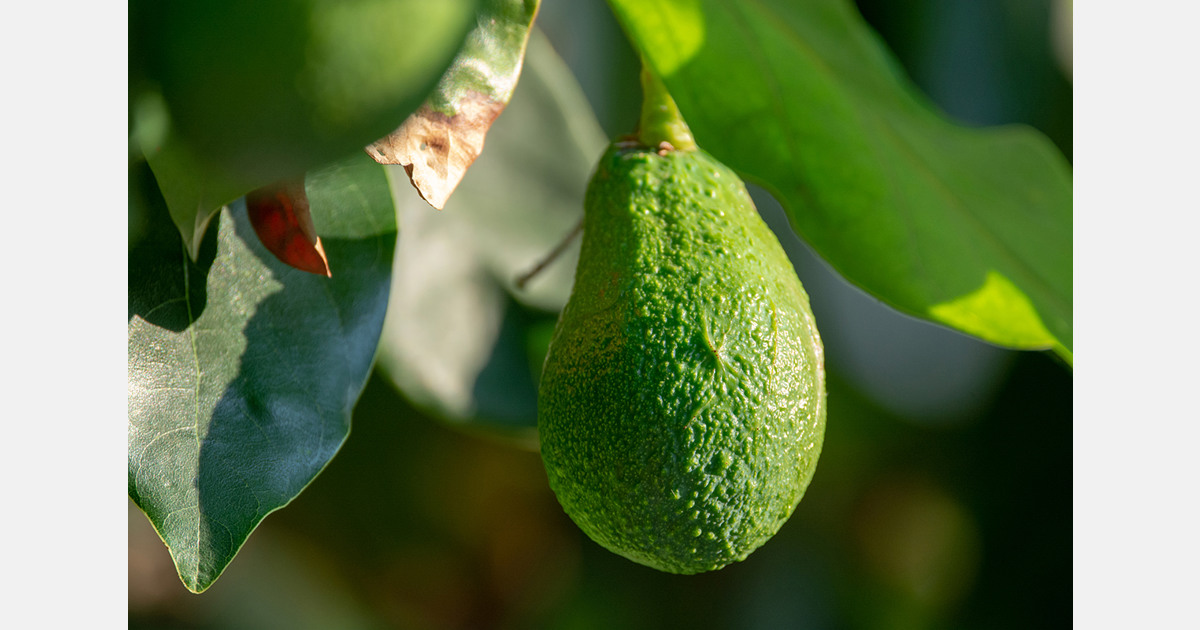
The Bank of Tanzania has published a study reviewing the country’s horticultural exports, highlighting growth potential and current constraints. Horticulture is one of Tanzania’s fastest-growing agricultural sectors, with exports rising from 33.5% of agricultural trade in 2020 to 38% in 2022. While the sector employs 4.5 million people, 90% of production remains for domestic consumption.
Fruit and vegetable exports
High-value vegetables dominate exports, accounting for 74% of value between 2014 and 2022. Fruits contributed less, with export earnings reaching only US$23.3 million in 2022 despite their importance in total production. Avocado is the main exception, showing a stronger export performance. The report notes that fruit exports underperform relative to production levels, while flowers represented 13% of export value before declining during the COVID-19 pandemic.
Challenges in production and marketing
Production is largely rain-fed and dependent on smallholders, leaving the sector exposed to climate risks. Traditional practices, limited irrigation, and low use of improved seeds restrict yields and quality. Post-harvest losses are estimated at 40% due to poor handling, storage, and transport. Domestic markets are fragmented, leaving farmers in weak bargaining positions. Contract farming is limited, reported by less than 10% of growers.
Infrastructure and trade barriers
Logistical constraints remain a major barrier to fruit and vegetable exports. Cold storage facilities at Julius Nyerere and Kilimanjaro airports are outdated or insufficient, while Songwe lacks a cargo terminal. Only 14% of vegetables and 26% of fruits are exported by air. Exporters face delays, clearance bottlenecks, and high transport costs, often relying on Kenya for logistics.
Recommendations
The report calls for scaling up irrigation, improving access to quality seeds, and investing in storage and transport infrastructure. Expanding cargo capacity and developing direct market linkages are identified as priorities. Diversification into higher-value fruits such as avocado, citrus, and tropical crops is also encouraged.
Source: TanzaniaInvest
Source: The Plantations International Agroforestry Group of Companies
